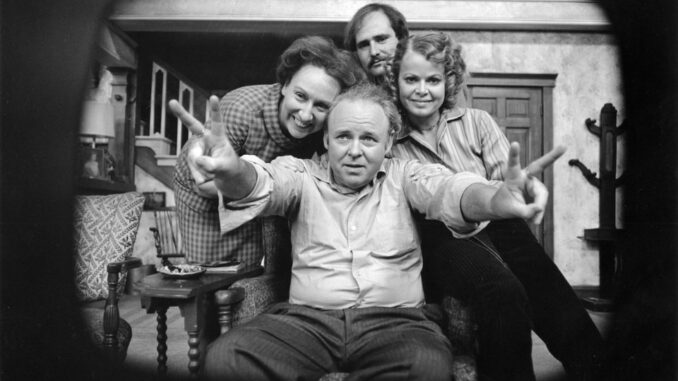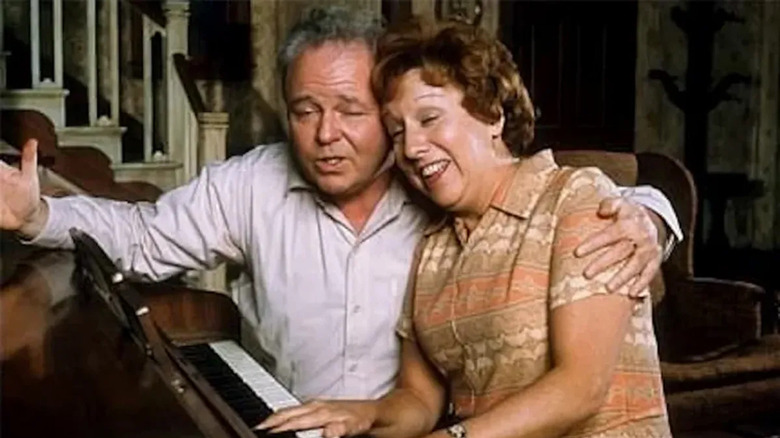
With the passing of Norman Lear at 101, we reflect on his pivotal role in transforming television, particularly through All in the Family. When it premiered in 1971, it faced skepticism and caution, as sitcoms at the time typically shied away from controversial topics, presenting a homogenized, conservative view. Lear recognized the industry’s failure to address pressing societal issues, famously stating that prior sitcoms ignored realities like hunger and discrimination.
Originally, Lear envisioned Mickey Rooney as Archie Bunker, but Rooney warned him that the project would lead to his demise, suggesting a different character entirely. Ultimately, Carroll O’Connor took on the role, bringing depth to the prejudiced patriarch. Even on the eve of the show’s premiere, Lear battled CBS censors, ultimately securing creative freedom through sheer determination.
Over nine seasons, All in the Family boldly tackled themes of racism, infidelity, and more, even introducing television’s first openly gay character. Despite backlash from conservative viewers, the show became a cultural touchstone, paving the way for a more progressive television landscape.
